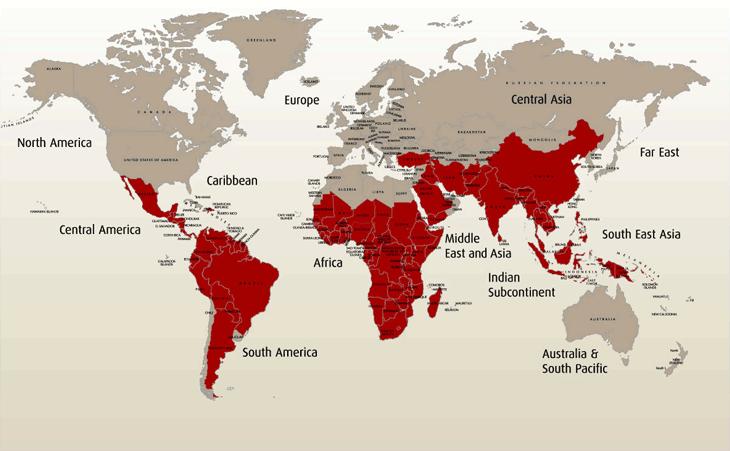Washington: Biologists at UC San Diego demonstrated last May that algae can be engineered to produce a vaccine that blocks malaria transmission. The result – the mice developed Immunoglobulin A (IgA) antibodies to both the malarial parasite protein and to a toxin produced by the cholera bacteria.
The study is published online in the Applied and Environmental Microbiology website at http://aem.asm.org.
Key facts
- Malaria is a life-threatening disease caused by parasites that are transmitted to people through the bites of infected mosquitoes.
- In 2010, malaria caused an estimated 660 000 deaths (with an uncertainty range of 490 000 to 836 000), mostly among African children.
- Malaria is preventable and curable.
- Increased malaria prevention and control measures are dramatically reducing the malaria burden in many places.
- Non-immune travellers from malaria-free areas are very vulnerable to the disease when they get infected.
Malaria is caused by Plasmodium parasites. The parasites are spread to people through the bites of infected Anopheles mosquitoes, called “malaria vectors”, which bite mainly between dusk and dawn.

